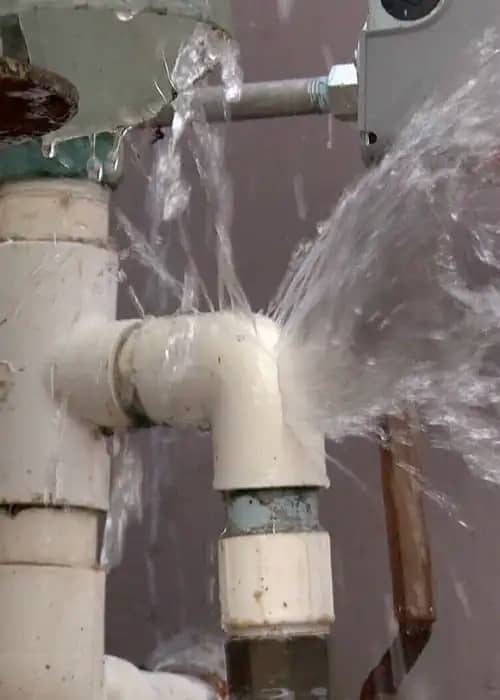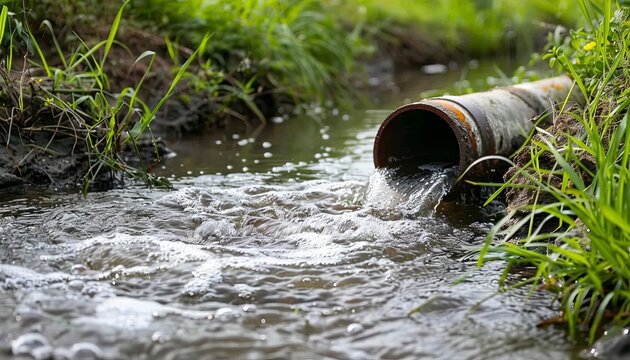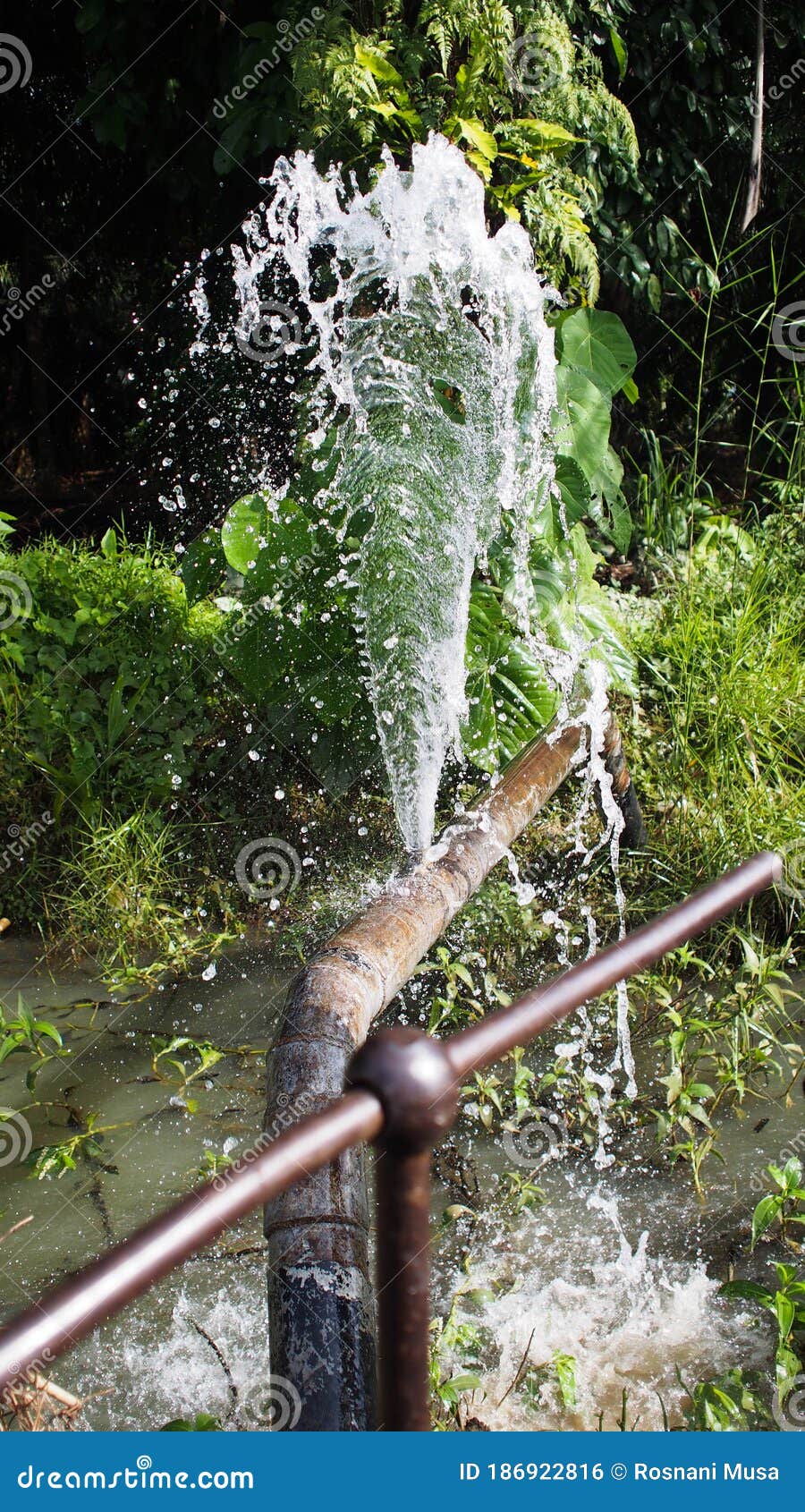Stopping Ruptured Water Lines: Important Tips to Secure Your Plumbing
Protecting against ruptured pipelines is an important issue for homeowners, specifically throughout cooler months when the threat of freezing is heightened. Carrying out strategic measures such as correct insulation, regular inspections, and maintaining constant indoor temperatures can substantially decrease the possibility of pipeline failing.
Understand Pipe Vulnerabilities
Understanding pipeline vulnerabilities is crucial for reliable pipes maintenance and protecting against costly damage. Numerous elements contribute to the sensitivity of pipelines to ruptureds, including product composition, age, and environmental conditions. Older pipelines, specifically those made from galvanized steel or polybutylene, commonly degrade with time, bring about enhanced danger of tears and leakages.
Temperature fluctuations can additionally significantly influence pipe integrity. In colder climates, water trapped in pipes can freeze, broadening and applying stress on the pipe walls, which may inevitably bring about a burst. Moreover, high water stress can stress pipelines, specifically at joints and bends, heightening the possibility of failure.

Insulate Pipeline Appropriately
Appropriate insulation of pipes is essential for stopping cold and subsequent bursts during cold weather condition (burst pipe). Shielding your plumbing system successfully safeguards against temperature goes down that can result in expensive damage. Begin by determining prone areas where pipelines are exposed to exterior temperature levels, such as cellars, attic rooms, and outside wall surfaces
Usage foam pipe insulation sleeves or wrap insulation tape around these locations to give a safety obstacle. Guarantee that all sections of the pipelines, especially those with minimal warm direct exposure, get adequate insulation. Pay unique interest to installations and joints, as these are extra prone to freezing.
When shielding, it's vital to pick materials that meet regional building regulations and are ideal for the details environment. Fiberglass insulation is often advised for its thermal resistance buildings. In addition, consider utilizing warmth cables or tape in severe problems, which can be plugged in to give supplementary warm
Consistently evaluate protected pipes for any signs of wear or damage, as compromised insulation can lessen its effectiveness. By taking these proactive measures, you significantly decrease the danger of pipeline bursts, making sure a trusted plumbing system throughout the winter season months.
Maintain Consistent Temperature Level
A stable interior temperature is necessary for stopping ruptured pipes during the cold months. When temperatures decrease, water within pipes can freeze, increasing and creating pressure that might inevitably cause the pipes to burst. To reduce this risk, home owners need to maintain a regular temperature throughout their space, preferably no reduced than 55 ° F(13 ° C)Making use of a programmable thermostat can aid handle interior temperature levels properly, guaranteeing that areas with plumbing remain cozy even when the house is unoccupied. Pay special interest to locations that are much more susceptible to chilly, such as garages, basements, and attic rooms. Keeping cupboard doors open under sinks can also enable warmer air from the home to flow around plumbing.
This small flow of water can avoid cold by minimizing stress within the pipes. By applying these techniques, house owners can significantly lower the threat of pipe ruptureds and protect their plumbing systems against the harsh winter season components.
Consistently Examine Pipes
Normal inspections of plumbing systems are important for protecting against burst pipelines and preserving general home honesty. Regular checks permit homeowners to identify potential concerns prior to they intensify into costly repair work or major water damages. During these assessments, it is essential to analyze noticeable pipelines for indications of corrosion, leaks, or use. Pay special focus to areas prone to cold, such as basements, attics, and exterior wall surfaces.
Furthermore, examining joints and connections is important, as these points are typically vulnerable to leakages. Homeowners need to additionally examine water stress levels, as extreme stress can stress the pipes system and boost the danger of pipe ruptureds.
Consider organizing expert plumbing assessments at the very least annually, especially before wintertime, to guarantee your system is prepared for colder temperatures. useful content Regular evaluations not just help in recognizing instant problems but likewise foster long-lasting maintenance approaches that can boost the lifespan of your pipes system. By being aggressive in your technique, you can guard your home against the costly and disruptive effects of burst pipes. Prioritizing pipes examinations is an investment in your house's health and wellness and security.
Know Emergency Procedures
Comprehending emergency situation treatments is essential for every property owner, especially after conducting regular plumbing examinations. Being prepared for a pipes emergency can considerably reduce damages and save expenses.
Following, keep necessary devices useful. A plumbing emergency kit need to include a wrench, bettor, and towels, along with a flashlight and a bucket for small leaks. Additionally, think about having the get in touch with info for a trusted plumbing technician readily available, ought to the situation intensify past your control.
If you find a leakage or ruptured pipe, right away shut off the water and alert your plumbing. Additionally, document the damages with photographs for view it insurance policy purposes. burst pipe. Recognize the indications of prospective plumbing problems, such as uncommon water pressure variations or damp spots on walls
Ultimately, visit site proactive knowledge and swift activity are important in managing pipes emergency situations, ensuring your home continues to be protected and lessening potential damages.

Conclusion
In final thought, avoiding burst pipelines requires a multifaceted strategy that consists of understanding pipeline susceptabilities, correct insulation, maintaining constant interior temperatures, routine examinations, and expertise of emergency situation treatments. By applying these vital techniques, the danger of plumbing failings can be dramatically lowered, thus making sure the long life and efficiency of the pipes system. Positive measures not only guard against prospective damage but likewise contribute to total water conservation and the protection of residential or commercial property.
In cooler environments, water trapped in pipes can freeze, putting in and increasing pressure on the pipe wall surfaces, which might eventually lead to a ruptured. When temperatures decline, water within pipelines can ice up, developing and broadening pressure that might inevitably trigger the pipelines to burst. By implementing these methods, home owners can significantly lower the threat of pipe bursts and safeguard their pipes systems against the rough winter aspects.

Comments on “Preventing a Burst Pipe: Tips for Protecting Your Plumbing During Winter”